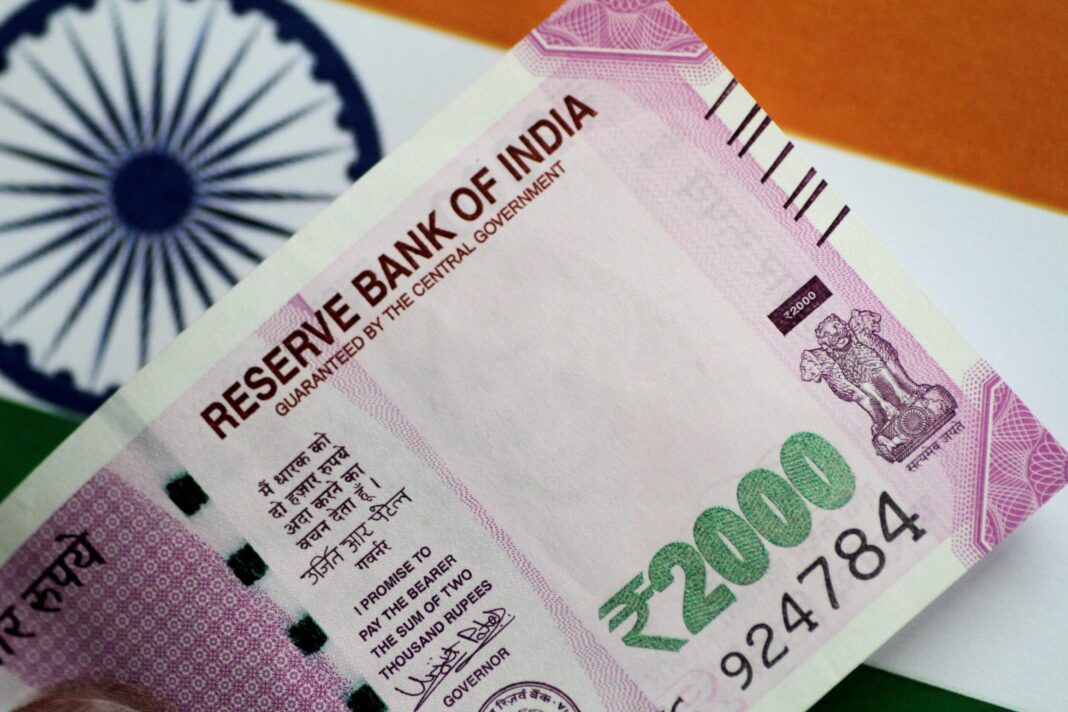According to the Reserve Bank of
India (RBI) estimates, more than Rs 1.50 trillion of Rs 2,000 notes have been deposited in banks across the
country. In the wake of this development, it is important to take note of the Rule 114E of Income Tax Rules 1962, which says that all banks, post offices, NIDHI and NBFCs are required to report Specified Financial Transaction (SFT) to the Income Tax Department, The
Hindu business line (HBL) reported.
The transactions I-T department tracks
This is being done to keep an eye on transactions involving illegal money and to put a check on black money. The income tax (I-T) department is keeping a close watch on cash transactions that deposit more than Rs 10 lakh in a saving account or more than Rs 50 lakh in current accounts.
This means that banks and other such depositing facilities will share the data of such transactions with the income tax department. The data will be shared before May 31 of the next financial year, the HBL report said.
In other words, money deposited in Rs 2,000 denominations that exceed the limits described above between May 23 and September 30, 2023, will be shared with the income tax department by May 31, 2024.
What do the experts say?
Talking about the development, Vivek Jalan, Partner with Tax Connect Advisory said that the objective of the SFT was to put a leash on black money and expand the number of taxpayers in the country, the
HBL report added.
Another domain expert, Amit Maheshwari was quoted in the HBL report as saying that “Reporting of a transaction is also reflected in the depositor’s form 26AS and Annual Information Statement which effectively means that this information is very well shared with the tax department.”
Highlighting the significance of these rules, Jalan said that cash deposited in accounts during the 2016 demonetisation is still being scrutinised by various income tax agencies. Therefore, it is only natural that in case of any suspicious transactions, the ongoing deposition of Rs 2,000 notes will also undergo investigation.



